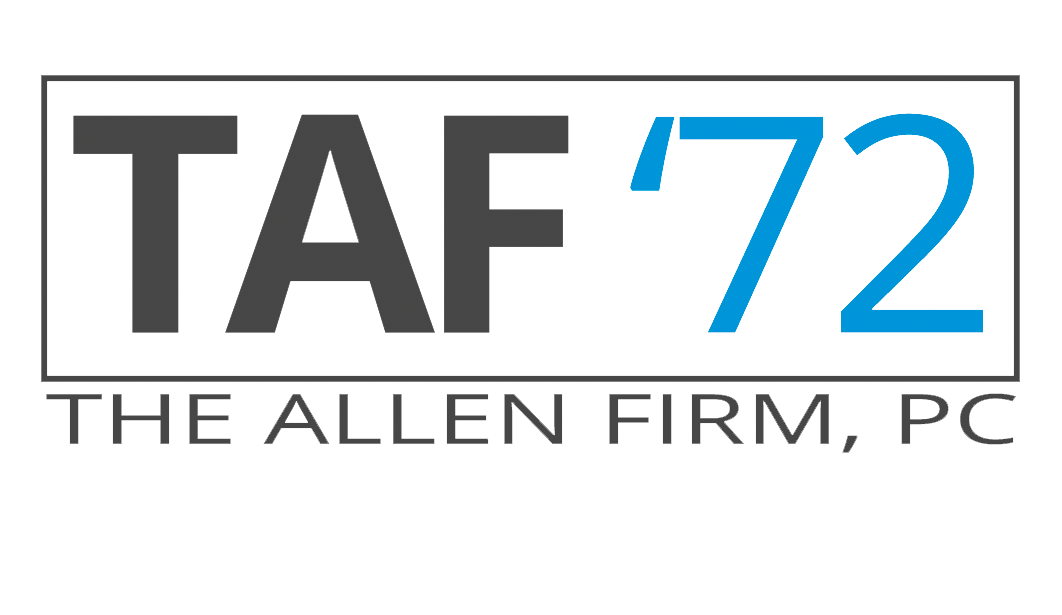Our attorney team members are often asked questions by our business clients relating to different types of insurance coverage. In response to the numerous questions, we wanted to see if we could help you and create a basic guide discussing the different type of coverage available. Hope you find it helpful. If you have any questions, please feel free to give us a call.
*Important Note* – the discussion of the different insurance coverage available is in general terms. Some of the coverage discussed may only be obtained by particular endorsements to the policies. For specific questions regarding your coverage and endorsements, you will need to speak with your insurance agent.
3) AUTOMOBILE LIABILITY
Automobile Liability (“AL”) insurance covers damages to other vehicles or bodily injury to other persons resulting from an accident caused by the insured person. AL insurance does not cover injury or damage to the insured driver or the cost to repair the insured’s vehicle. AL insurance is also one of the few mandatory coverage requirements in every state. However, the minimum limits of coverage vary and depend on the state laws of the insured person.
AL insurance coverage options have different limits that are separated by slashes, for example, 15/40/30. It means the amount of money coverage for bodily injury per one person injured ($15,000), the amount of money coverage for bodily injury per accident ($40,000) and coverage for property damage ($30,000). For each liability limit, the maximum payout would not exceed the limit the policyholder has set, as shown in the policy.
It is very important to set total bodily injury liability limit per accident high enough to be able to pay the medical expenses incurred by multiple people. If the set liability limit is not high enough to pay for all damages caused, the policyholder is still responsible for paying the remaining balance and can be sued for not paying it off. Varying levels of the liability coverage insurance are available.
4) WORKER’S COMPENSATION
Workers’ compensation is a state-regulated insurance system that provides covered employees with income and medical benefits if they are injured on the job or have a work-related injury or illness. Workers’ compensation insurance coverage limits an employer’s liability if an employee brings a lawsuit against the employer for damages.
Texas employers who do not carry workers’ compensation insurance coverage are required to report their non-coverage status and work-related injuries and occupational diseases to the Division of Workers’ Compensation (DWC). Employers who do carry workers’ compensation insurance coverage are required to report all known occupational disease and any work-related injuries that result in more than one day of lost time. Employers that fail to meet these requirements commit an administrative violation and may be subject to administrative penalties.
Workers’ compensation is a state-regulated insurance program that pays medical bills and replaces some lost wages for employees who are injured at work or who have work-related diseases or illnesses.
Workers’ compensation will pay for the medical treatment of an injury or illness if:
1) The injury occurred at work or the disease or illness is job-related; and
2) The worker’s employer has workers’ compensation insurance or is certified by the Texas Department of Insurance, Division of Workers’ Compensation to self-insure.
Workers’ compensation will also replace some of the worker’s lost wages if the injury or illness caused the worker to lose some or all income for more than seven days.
In Texas, private employers can choose whether or not to carry and maintain workers’ compensation insurance coverage. We strongly recommend Texas employers to carry workers’ compensation. Employers who choose to have insurance may:
1) Purchase insurance policies from private insurance companies; or
2) Self-insure, if they meet the requirements of the Texas Workers’ Compensation Act and are certified by the Texas
Department of Insurance, Department of Workers’ Compensation. Self-insured employers have the same rights and responsibilities as employers who purchase policies from private insurance companies.
5) DISABILITY INSURANCE
Disability Insurance, often called “DI” or “disability income insurance”, or “income protection”, is a form of insurance that insures the beneficiary’s earned income against the risk that a disability creates a barrier for a worker to complete the core functions of their work. For example, the worker may suffer from an inability to maintain composure in the case of psychological disorders or an injury, illness, or condition, which causes physical impairment or incapacity to work.
Disability Insurance encompasses paid sick leave, short-term disability benefits, and long-term disability benefits. People whose employers do not provide DI benefits, and self-employed individuals who desire disability coverage, may purchase policies. Premiums and available benefits for individual coverage vary considerably between companies, occupations, states, and countries. In general, premiums are higher for policies that provide more monthly benefits, offer benefits for longer periods of time, and start payments of benefits more quickly following a disability claim. Premiums also tend to be higher for policies that define disability in broader terms, meaning the policy would pay benefits in a wider variety of circumstances.
One of the most common reasons for disability is on-the-job injury, which explains why the second largest form of disability insurance is that provided by employers to cover their employees (see workers compensation above). If an employer does not provide workers compensation insurance or you are self-employed, it may be beneficial to obtain disability insurance.
6) UMBRELLA POLICY
Umbrella liability insurance is excess liability insurance coverage above the limits of automobile liability and CGL policies. The umbrella policy also provides liability coverage for exposures not covered under the primary CGL insurance policies and not excluded by the umbrella liability insurance policy.
– The Business Team
Scott | Josh | Jeremy
The Allen Firm, PC
181 S. Graham Street | Stephenville, Texas 76401
Ph: 254.965.3185 | Fax: 254.965.6539

